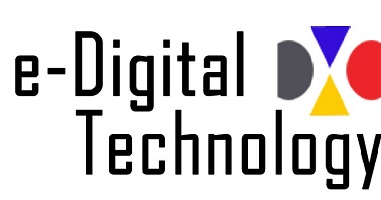
Smart contracts are one of the most revolutionary aspects of blockchain technology. These digital agreements automatically execute, enforce, or verify the terms of a contract without the need for intermediaries. By leveraging blockchain’s decentralized, transparent, and secure nature, smart contracts have the potential to transform industries ranging from finance and real estate to supply chain and healthcare.
What Are Smart Contracts?
A smart contract is a self-executing program stored on a blockchain. It’s got a set of rules and conditions that, when matched, trigger specific actions. Smart contracts bypass normal need for third parties like lawyers or brokers to step in and make sure everything works clearly. Using ‘smart’ electronic chains of codes called blockchains, they run themselves.
For example, a smart contract for renting an apartment could automatically transfer access to the digital lock once payment is received. If the payment isn’t made, access is denied—all without a landlord or agent manually intervening.
How Do Smart Contracts Work?
Smart contracts operate on “if-then” logic. The agreement’s conditions are coded using a programming language like Solidity (commonly used on Ethereum) and deployed to a blockchain. Once live, the contract waits for the required input or condition to be fulfilled.
Here’s a simplified breakdown:
Agreement Coding: The terms are converted into code.
Blockchain Deployment: The contract is deployed to the blockchain and becomes immutable, meaning it cannot be changed.
Triggering Events: When certain defined triggers happen, things automatically go according to plan.
Verification and Finality: The network checks out and authorizes this transaction and then that result gets set down on the blockchain.
Why Use Smart Contracts?
Smart contracts offer several benefits:
- Trustless Execution: No need to trust a third party; the contract is enforced by code.
- Transparency: All parties can view the terms of the contract.
- Security: Blockchain’s encryption makes contracts tamper-proof.
- Efficiency: Automating tasks saves time and reduces administrative costs.
- Accuracy: Reduces the risk of human error during contract execution.
Real-World Applications
- Finance: Smart contracts are used in decentralized finance (DeFi) platforms for lending, borrowing, and trading without banks.
- Real Estate: Automating transactions like property transfers, lease agreements, and escrow.
- Supply Chain: Tracking supplies from start to finish and making sure that everything is completely open and authentic.
- Insurance: Handling claims automatically when things like flight cancellations or accidents happen.
- Healthcare: Managing patient data securely and ensuring consent-based data sharing.
Challenges and Considerations
While smart contracts are amazing, they have some limits too. Errors when writing code can cause weird results, and these results are hard to fix once programs, even a little bit, are operational. Once things get running, there are just too many paths upward that can cascade and build into a complicated mess.
Legal recognition of smart contracts is still evolving, and not all jurisdictions treat them as binding. Moreover, smart contracts rely on accurate external data, often delivered through “oracles,” which themselves can be points of failure.


